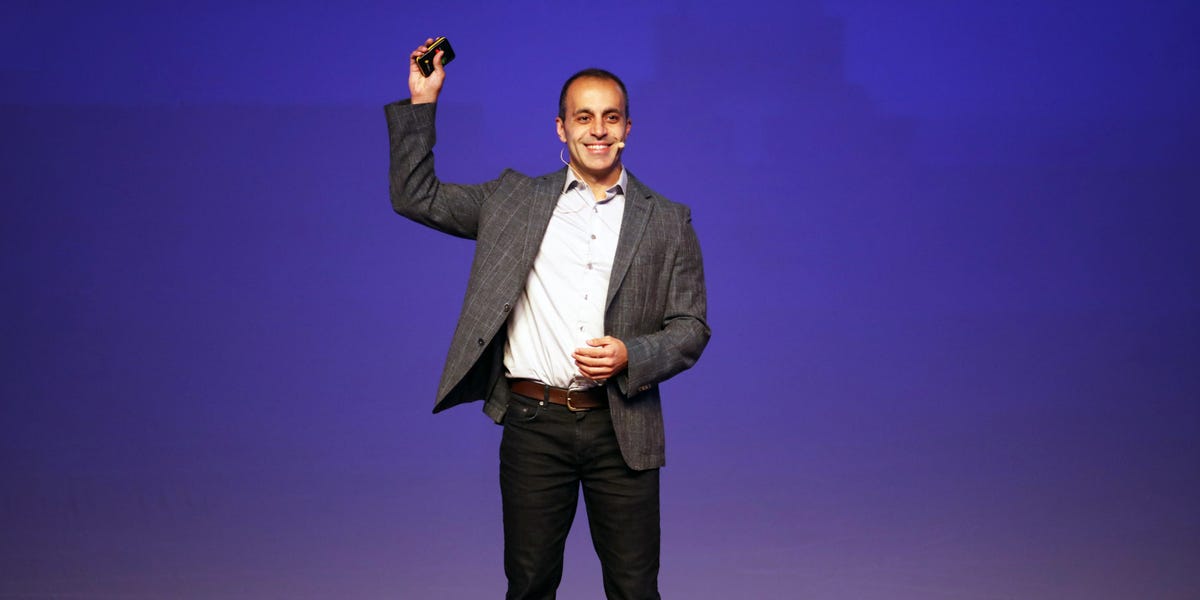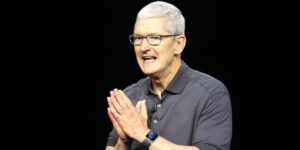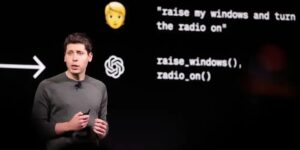There’s a new kid on the LLM block.
Databricks, a cloud-based data software company, launched a new AI model on Wednesday — and the company says it’s faster, cheaper, and more efficient than its larger competitors.
“You get twice the speed, and it’s significantly cheaper, but you get the intelligence of the bigger models,” Databricks cofounder and CEO Ali Ghodsi told Business Insider in an interview.
The model, called DBRX, comes at a time of fierce competition in the generative AI field. OpenAI, Meta, Google, and Elon Musk’s xAI have all launched their own chatbots within the past two years.
Databricks says its model can outpace some of its competitors on language understanding, programming, and math and logic by relying on a “mixture of experts.” These can be thought of as smaller AI models, each containing its own expertise, that make up the overall large language model and handle requests with far less computing power.
With more “experts,” DBRX can churn out pieces of text using fewer parameters — the adjustable elements within a model that help a chatbot interpret and generate text.
Databricks began building the model around January. It took $10 million and two months to train the model on public data, Ghodsi said.
DBRX, available as open source, is the culmination of the company’s $1.3 billion purchase of AI startup MosaicML last July, as many of its staffers helped build DBRX.
The model was pre-trained on about 3,000 Nvidia H100 GPUs — an energy demand much smaller than its competitors, according to Ghodsi. The chipmaker participated in Databricks’ $500 million Series I funding round in September.
Also, the entire DBRX model has 132 billion parameters, the company said. “At any given time,” the model is using about 36 billion parameters to handle requests, Ghodsi said during a demo on Monday in San Francisco.
Open-source models can lead to more variety by allowing other companies or groups to build off of Databricks’ model, Patrick Wendell, the company’s cofounder and vice president of engineering said Monday.
“There are lots of groups that know how to build great models,” Wendell said.
“What we can do is then enable many customers to build their own models,” he added.
Naveen Rao, who co-founded MosaicML in 2021 before Databricks’ acquisition, previously told BI if companies can rely on their own data to train an open-source model, then they won’t have to worry about legal challenges like copyright infringement suits that have already been thrown at OpenAI and Microsoft.
Ghodsi told BI that a team at Databricks was responsible for filtering copyrighted material from the data used to train DBRX.




